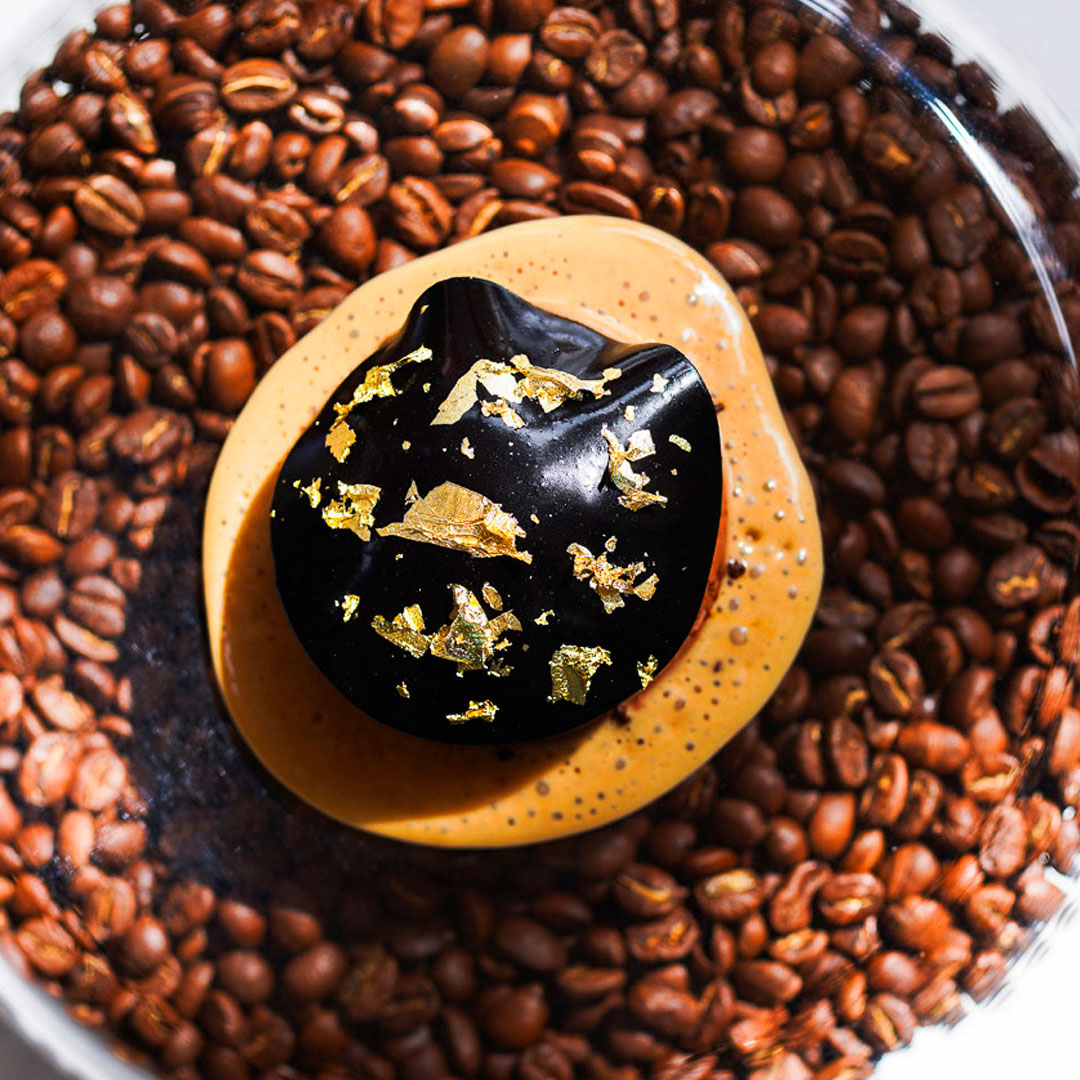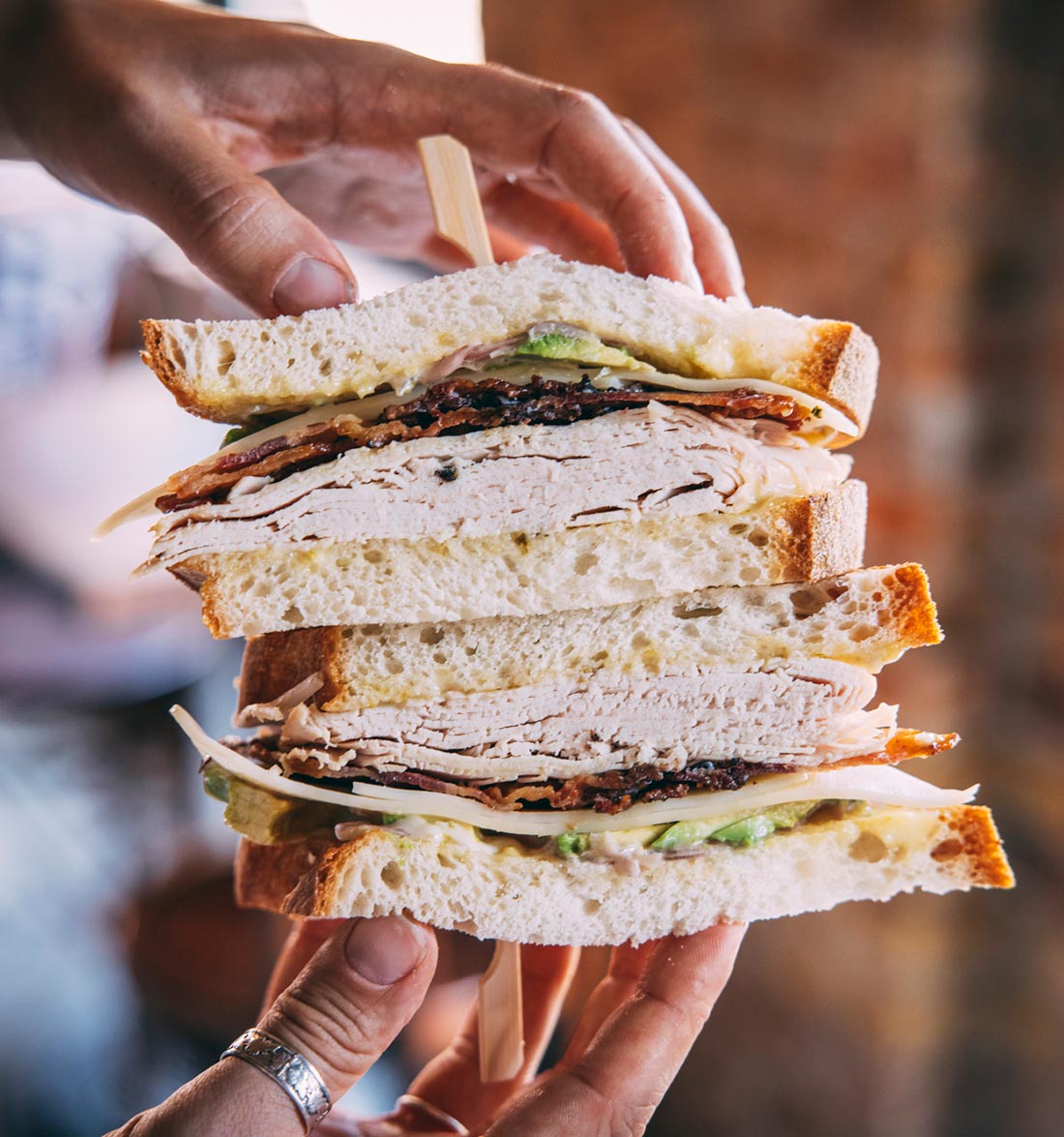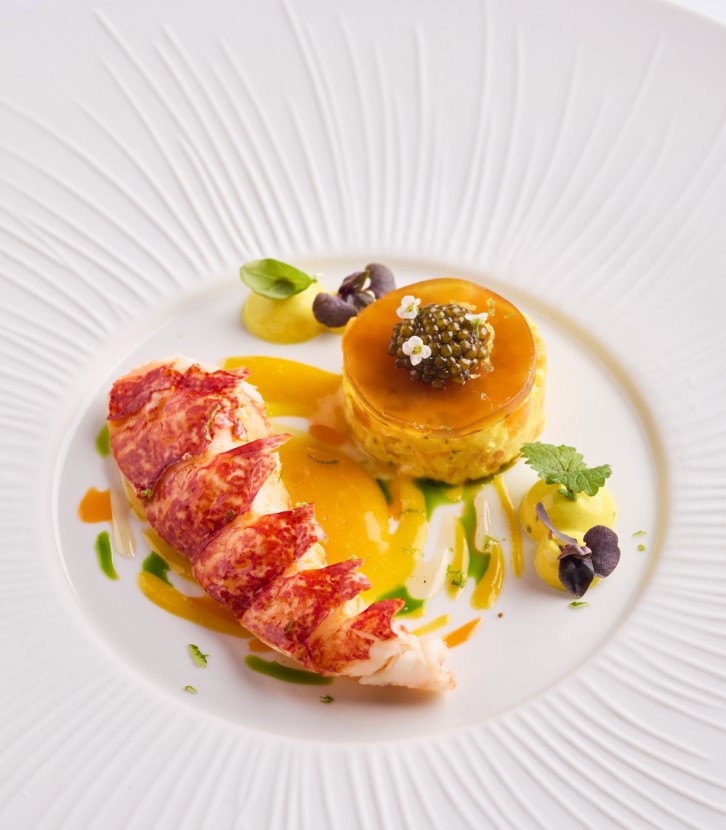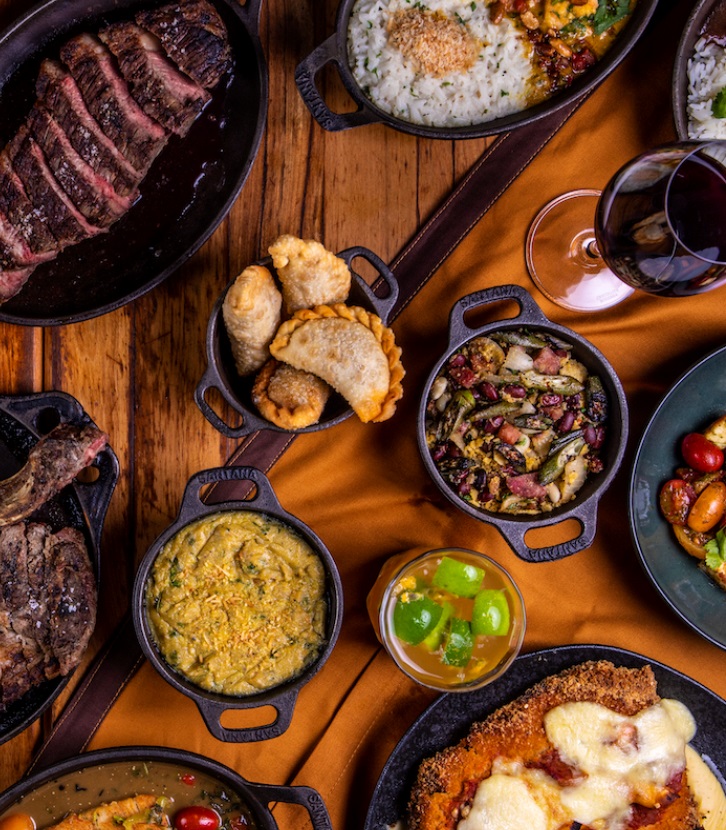It’s 2003, and Luke Armstrong, a young man from Western Australia’s modest port town of Fremantle has just packed his luggage. In it went the possession of a 21-year-old: a pair of running shoes, some knives, and passion that burned like a bonfire.
His destination? The bustling restaurant scene of London.
The budding chef hadn’t completed high school. In fact, his work experience was limited to just a four-year apprenticeship at a small restaurant called Harvest where his tasks were menial. A good day’s work at the beginning would typically include peeling vegetables and washing dishes.
He arrived in London with no job but just the promise of a trial with chef Shane Osborn – a fellow Perth native whose restaurant, Pied a Terre has a Michelin star.
In what seems like validation that talent and passion takes you places, Armstrong got the job.

What followed was an elevator ride up the ranks of the brigade de cuisine across several Michelin-starred restaurants. There was two-starred The Ledbury in London as well as three-starred Oud Sluis in The Netherlands.

It’s been great! I really enjoy my day off going to wet markets and having local food. There’s plenty of time to eat at all the Michelin star restaurants, but for me it’s about settling in and doing the usual thing, being a citizen in Singapore. I’m in love with the local cuisines, and the diversity of the food culture. I think it’s great that I can go to Geylang at 10:30 to have amazing food. I can go to a hawker centre on Sunday and have chicken rice, or to Little India and have the most amazing vegetarian curries.
Why is it important to eat locally?
It’s hugely important for me as a chef to respect local food. Because that is what a culture is built on, and a restaurant culture is no different. I recently learnt about [buah] keluak. We make a puree from it, emulsify it with basil and parmesan. We start using the grouper that’s farmed in Singapore. It’s pretty clear, I have a huge amount of admiration for the local cuisine and diversity of it all.
Did you manage to try the food while still under chef Ivan Brehm? How has that changed?
Yep. It was great, Ivan’s a good cook and we had a lot of mutual friends in London so we already kinda know each other. The guy who recommended me used to be Ivan’s boss. How did I enjoy his food before? I enjoyed it, it was very unique, it was of the style of Ivan and now we go through a general direction of my style and personality.

It’s not creating one dish well, but doing it 34 times exactly the same way for each lunch and dinner service. That’s what separates a good chef from a bad one. The internet as it is now, there’s enough photos out there, but it’s not cooking. It’s taste, it’s feel, it’s touch, it’s temperature and it’s a team effort. We have that challenge, I want the restaurant full for lunch and dinner and I want to make 34 portions of aubergine and bone marrow perfect.
So what can diners expect in time to come?
Good question. I think the one thing they can expect is an energy and vibe in the restaurant as the dishes are constantly evolving and adapting. The menu’s already written, we’re just going through the dishes as a team. Going forward as a guest in the restaurant, they can expect innovation in the menu and fresh flavours.






















